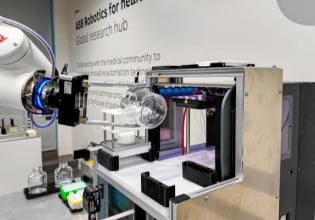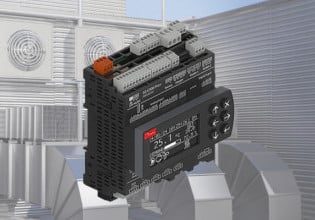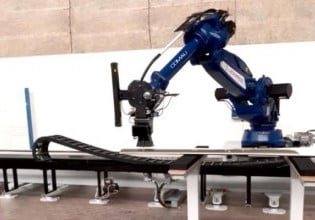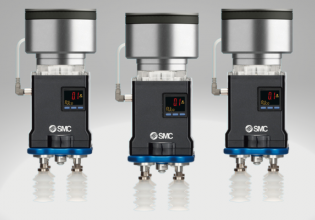J
Been having problems with a digital FlexPac3000 drive that we installed at the first of this year. It has been faulting (fault code is F0999), indicating RF/MF interference. It replaced an older MaxPac Plus analog DC drive, while the three remaining DC drives were converted to AC drives (GV 3000). All drives are reliance. Two of the three AC drives are on the same network with the FlexPac, which is an AutoMax drive network. I have added snubbers to all inductive loads in this section of the line, grounded everything, moved the AC motor leads into their own seperate conduits as well as the DC and even used new Anixter shielded VFD cable for the AC motors. I separated out the coax for the drive network into it's own conduit as well. Does anyone have any suggestions or seen this before? I would appreciate any info.






